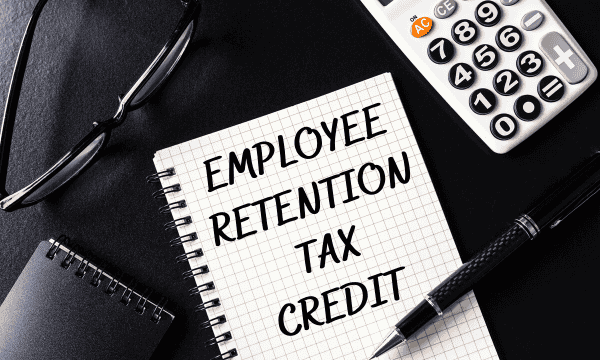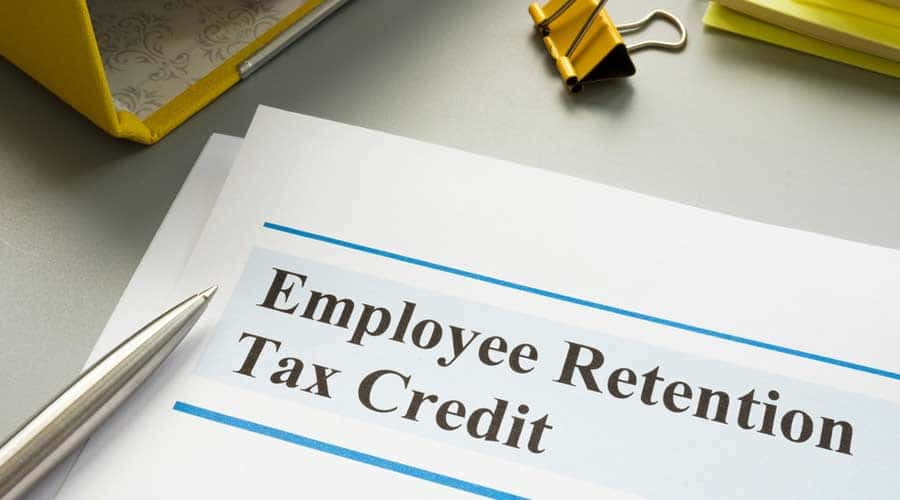Given current patterns, business owners wishing to get their Employee Retention Credit in a timely manner may need to reassess their expectations.

Businesses Are Waiting Months For ERC Credits Due To The IRS Backlog
As business owners seek the retroactive tax benefit, the IRS has a backlog of claims for the Employee Retention benefit (ERC).
The credit, approved under the $2.2 trillion coronavirus package known as the Cares Act, was designed to encourage firms to keep workers on the payroll during the early days of the epidemic when unemployment rates were high.
While it was marketed as a lifeline for some businesses, the truth is that businesses are waiting months for these credits due to the IRS’s massive backlog. Consider Alicia Chapman, CEO of Willamette Technical Fabricators, a metal company situated in Portland, Oregon.
During a congressional hearing on Wednesday, Chapman stated that her company is eligible for an ERC worth more than $125,000. Despite the passage of eight months, she is yet to receive her return.
READ ALSO: Senate Bill 69 Establishes Recovery To Work Pilot Program To Help Combat Heroin Epidemic
IRS Is Behind Schedule And Underfunded, Creating An IRS Hotline To Help Small Businesses
“When we’ve been able to get through to someone at the IRS, which is rare, they have informed us that processing of ERC refunds is taking up to 160 days unless there are any delays, in which case it could take much longer,” Chapman said during a joint Senate Entrepreneurship and Finance committee hearing. “Unfortunately, no one has been able to clarify what might constitute a delay, nor has anyone offered any suggestions for steps we could take to help expedite the process.”
Creating an IRS hotline or live chat to assist small businesses with their taxes was one of the proposals made at Wednesday’s roundtable.
It’s also no secret that the IRS is behind schedule; the agency has been underfunded for decades.
According to Michael Wronsky, a senior manager with Baker Tilly’s tax team, altered or revised payroll tax returns are part of what’s driving the ERC backlog in particular.
“These are the returns where the majority of credits have been claimed, and they must be paper filed,” Wronsky explains.
“Even before the pandemic, the IRS was dealing with limited resources,” he explains. “When you consider that several million tax returns were filed on paper and sent to service centers that were severely understaffed due to Covid, it’s easy to see why processing has been slow.”
After being questioned by Senator Mark Warner (D-Va.), IRS Commissioner Danny Werfel promised in April to expedite the processing of ERC claims. The IRS was processing 20,000 ERC claims per week in mid-April, but Werfel vowed to increase that figure to 40,000 per week during the hearing.
The slowness could also be explained by bad actors looking to exploit the ERC. In recent months, so-called ERC mills have grown up, or businesses that look to greenlight every firm that comes in with W-2 earnings and pay that business with a calculated credit. They do this even if a business may not qualify for the ERC in the first place due to the cost these so-called mills can charge. The IRS’s “Dirty Dozen” list of significant tax frauds included promotional activities around claiming the ERC.
In late March, Werfel warned firms that “there are very specific guidelines around these pandemic-era credits; they are not available to just anyone.”
Not to mention the newly passed debt ceiling agreement, known as the Fiscal Responsibility Act of 2023. This package not only raises the debt ceiling but also takes billions from the IRS. While the regulation will not directly harm the ERC, Wronsky believes it will alter enforcement, which will most likely target the ERC credits. As a result, fraud may continue to be a concern.
READ ALSO: Senate Bill 69 Establishes Recovery To Work Pilot Program To Help Combat Heroin Epidemic




